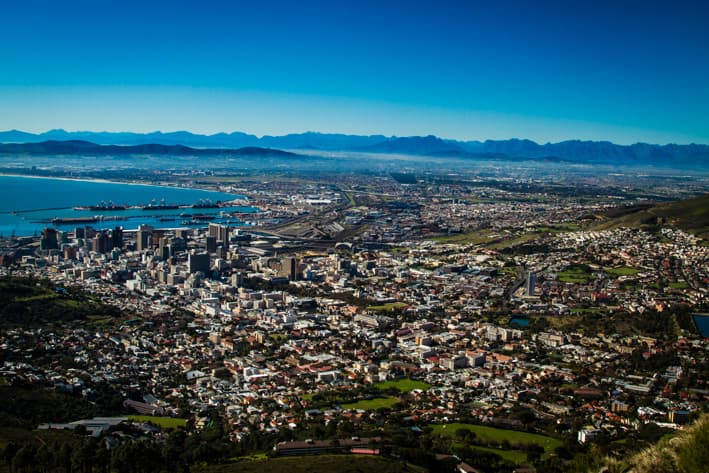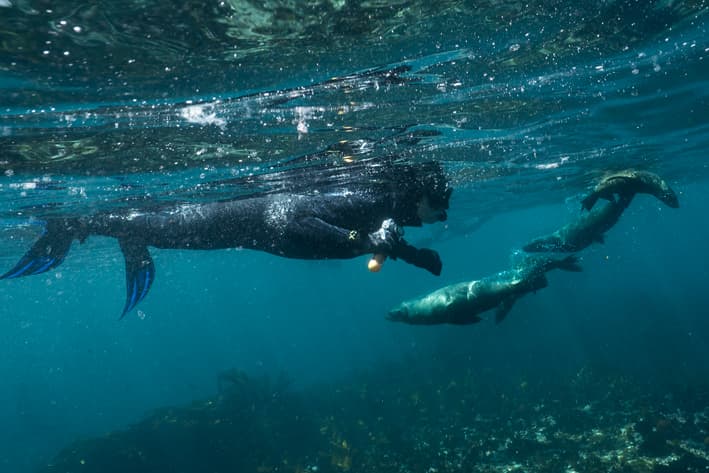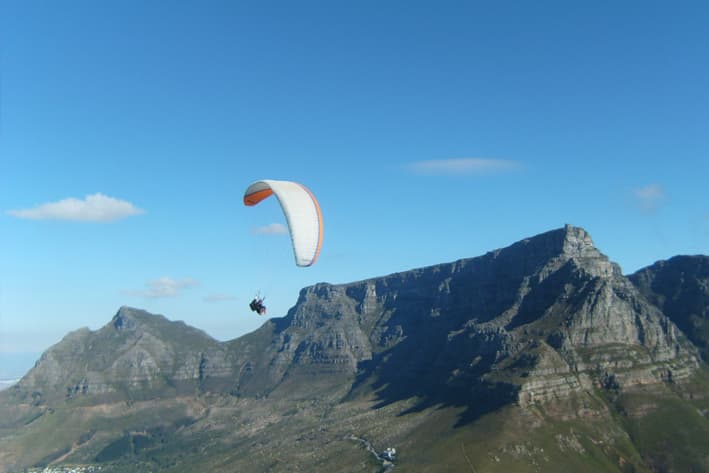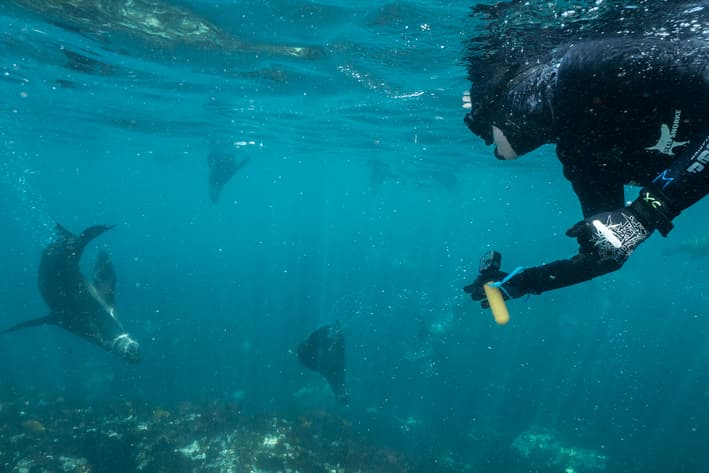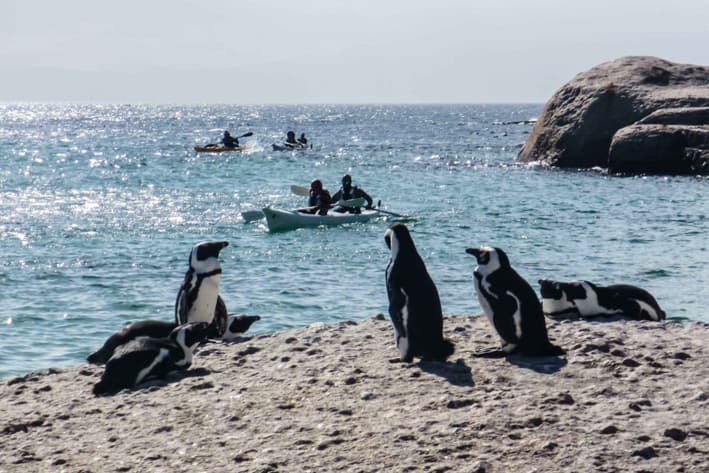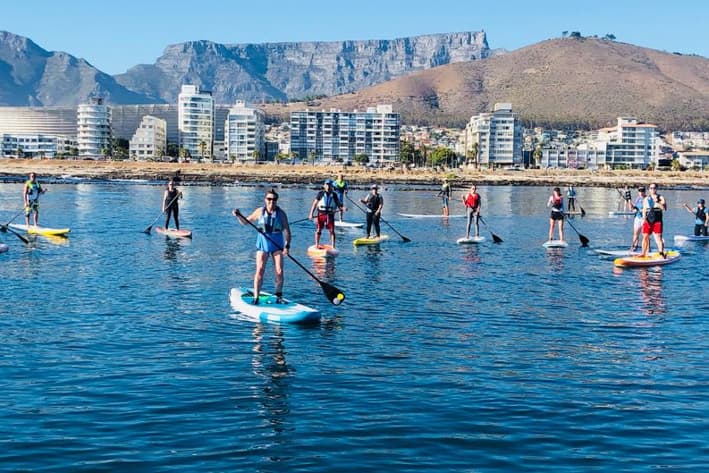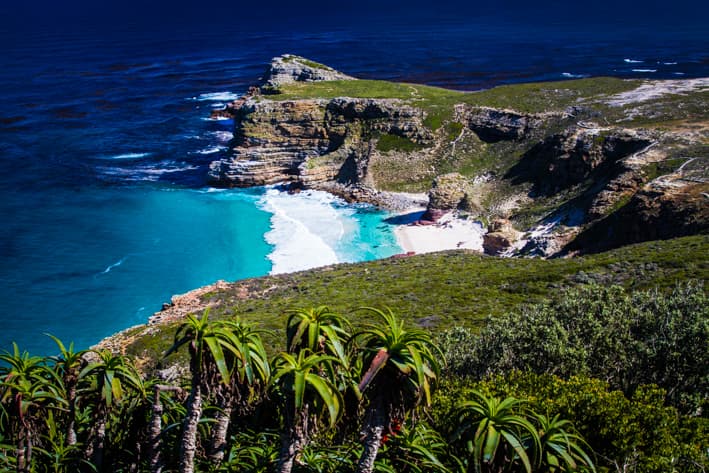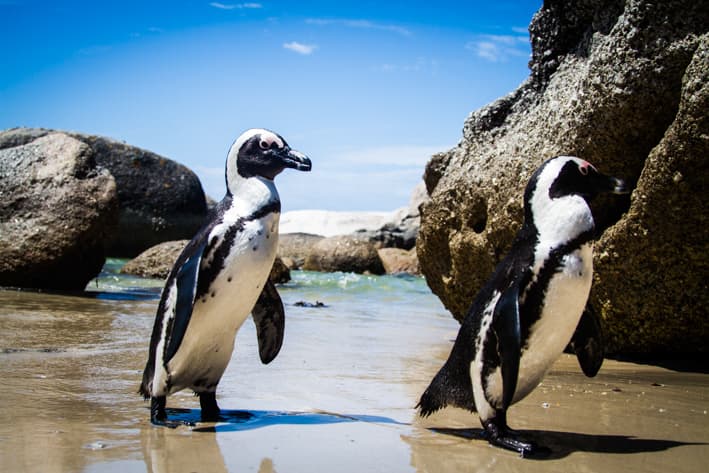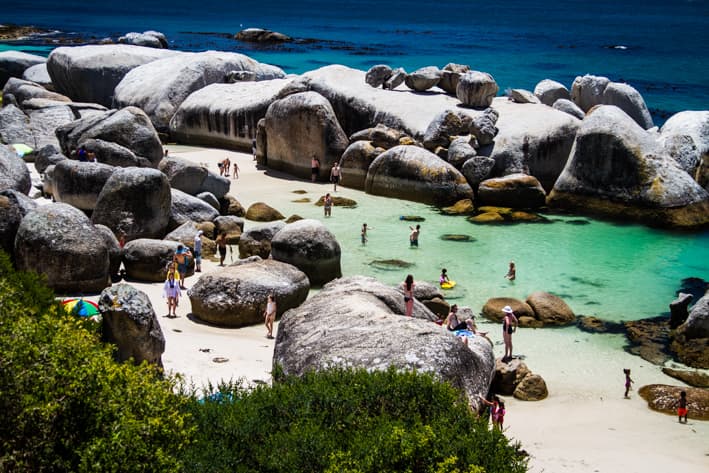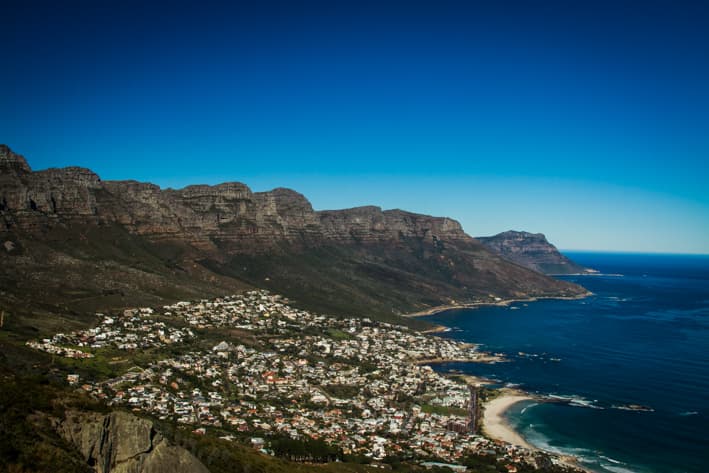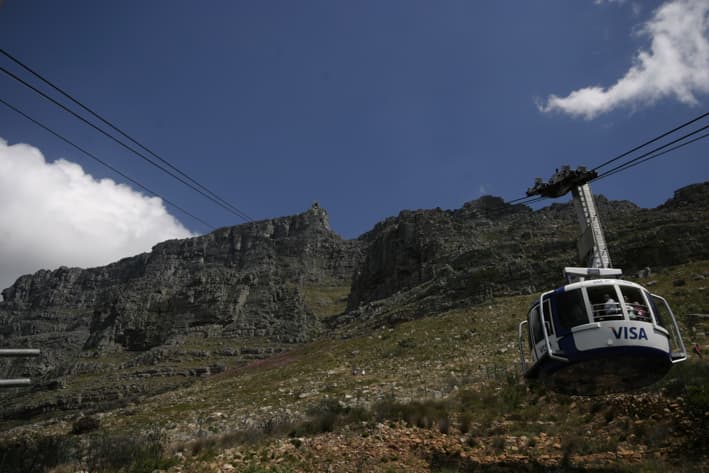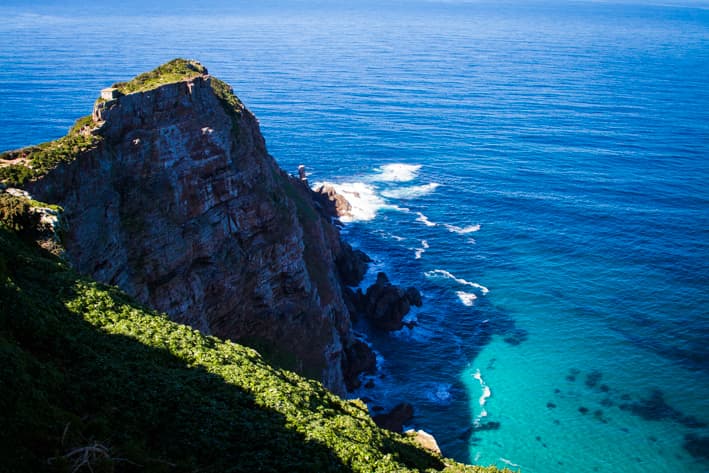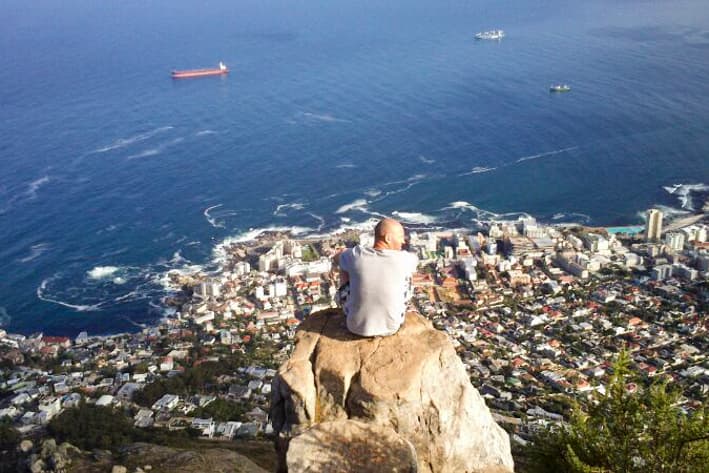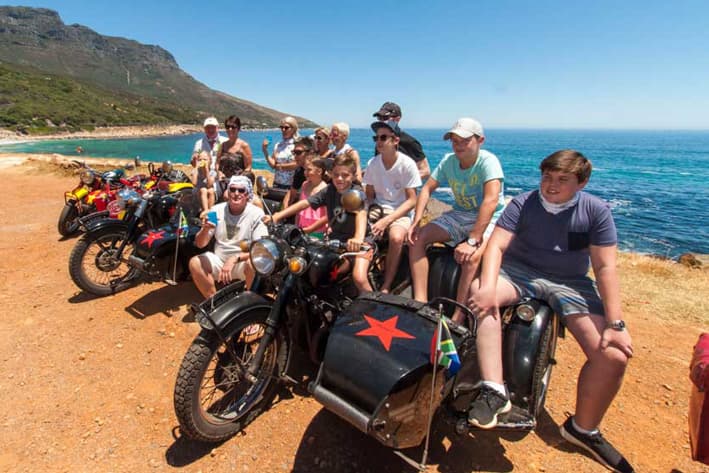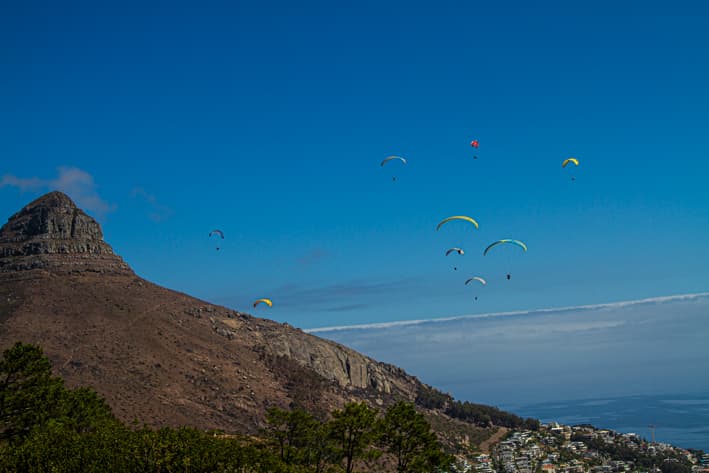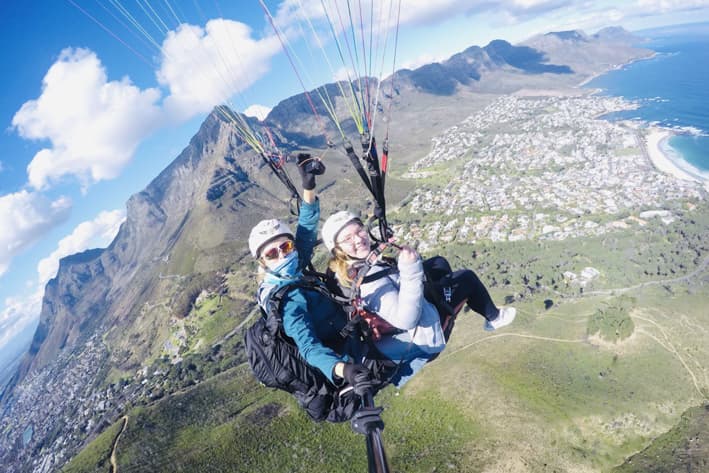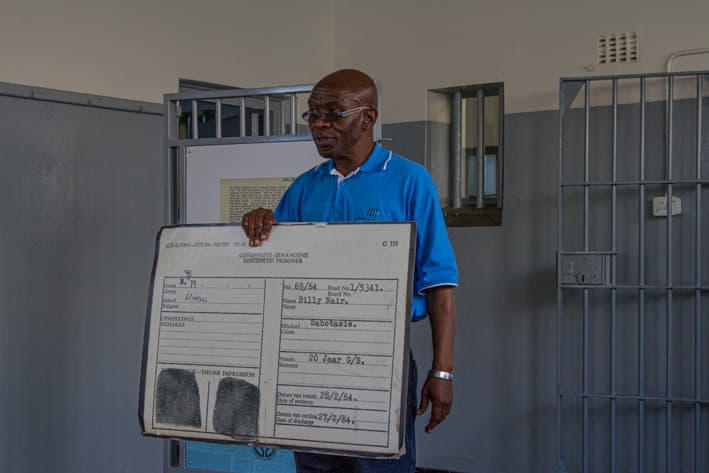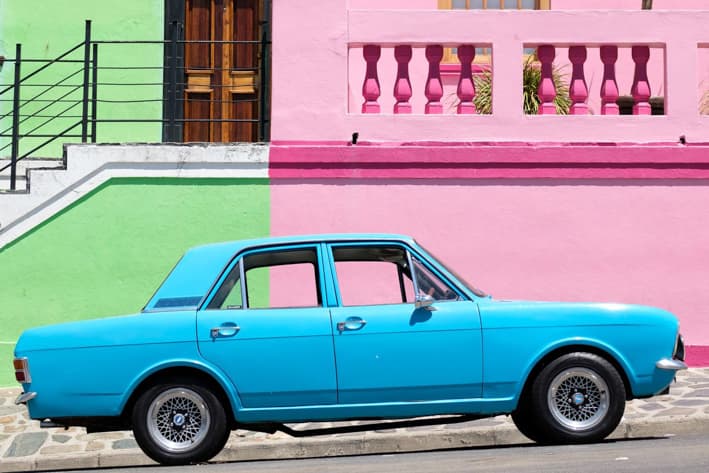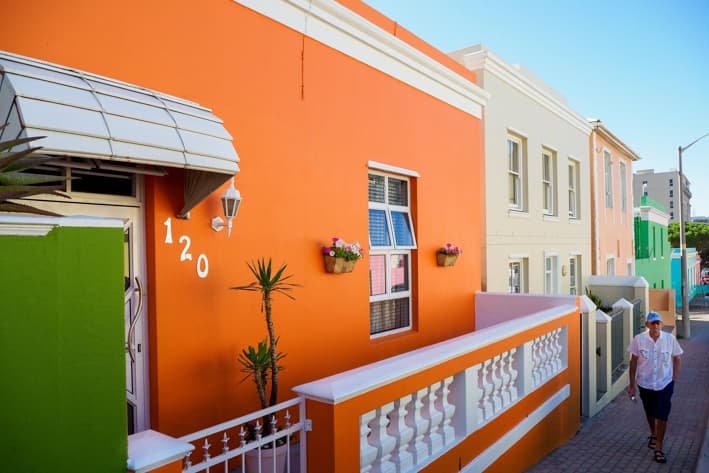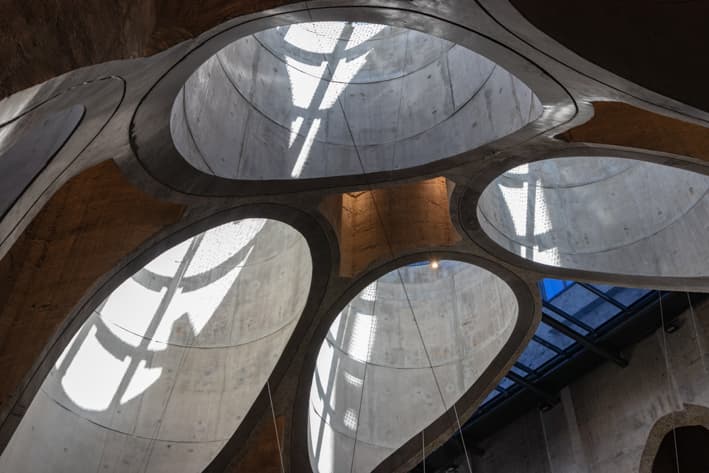Our Top things to do and see in Cape Town, South Africa
Cape Town is one of the most iconic cities in the world with its backdrop of Table Mountain. In this blog we highlight some of the best experiences to have during your stay in Cape Town.
You can’t come to South Africa without exploring Cape Town. Situated nearby the southernmost tip of Africa, this incredible place offers a little bit of everything because of its unique geographical location. In this blog post, we’ll share our guide on the top things to do in Cape Town and the prices for each activity. Let’s dive in!
Explore the Oceans around Cape Town
1. Seal Snorkeling
The best place to try seal snorkeling in Cape Town is in the area of Hout Bay. Seals are prolific in the waters surrounding this harbor, and there’s even a spot in waters around the area known as Seal Island! We recommend seal snorkeling to any Cape Town visitors who love the ocean and are interested in trying something new. This is a step out of your comfort zone, but we know you’ll be pleased you took the leap!
2. Cape Town sea Kayaking
Kayaking along Cape Town’s shoreline is a bucket list activity for while you’re in the Mother City. There are lots of companies offering excursions along various coastlines, but some of our favorites are the ones that take place along the Sea Point promenade. Keep an eye out for dolphins, seals, sunfish, and even Cape Otters who call the waters home!
3. Shark Cage Diving
For the more adventurous, the waters along the cape peninsula have long been known for shark cage diving. Great Whites frequent this area and are well known as some of the most dangerous hunters in the ocean. Shark cage diving is best in the waters around Gansbaai, about an hour and a half away from Cape Town.
4. Stand-up Paddle Boarding
SUPPing or stand-up paddle boarding is another great activity to try in Cape Town’s oceans. This sport is incredibly good for your mobility and core but requires a bit of balance! For SUPPing, we recommend venturing to the Southern region of the city, to the beaches surrounding False Bay. This is because the water is warmer here than in the icy Atlantic on the other side of the peninsula.
5. Surfing
Whether you’re an experienced surfer or a beginner, Cape Town offers a variety of great surfing locations suited to every experience level. Muizenberg Beach is great for those who are just starting out, and there’s even a selection of surf schools based here, a great activity for kids too. Kommetjie is perfect for those who are a little more experienced.
6. Kite Surfing
Did you know that Cape Town is a famous kite surfing location? Blouberg Beach is a favorite kite surfing spot for locals and foreigners alike. The dunes and wind conditions along this stretch of coast make it perfect for this adrenaline-filled activity.
The Best Beaches around Cape Town
1. Boulders Beach
Boulders Beach in Simon’s Town is a must-stop location in Cape Town for more than one reason. The sheltered cove with its enormous granite boulders (hence the name) is ideal for families with small children wanting to splash in protected waters. But what’s really special about Boulders is the African Penguin colony that calls the beach and its surroundings home. The penguins are used to their human visitors, so you can get relatively close, but be careful, those beaks are sharp!
It costs about R80 for adults and R40 for children to visit Boulders Beach.
2. Camps Bay and Clifton
Home to glitzy restaurants and bars, the Camps Bay strip is where Capetonians go to let their hair down. This location buzzes in summer, so be sure to make a reservation. But more than just the bars and restaurants, Camps Bay Beach is a beauty and arguably the best beach in Cape Town. With white sand and a long stretch of ocean, there’s plenty of space to set up your umbrella. The water is icy here, but if you fancy a swim, there’s a tidal pool on the left-hand side of the beach as well.
There’s no cost to go to Camp’s Bay Beach.
Land based experiences in Cape Town
1. Table Mountain Cable Car
Arguably Cape Town’s most noticeable feature, Table Mountain is a natural wonder that should definitely be included on your to-do list. If you’re fit and enjoy an adventure, there are multiple hiking trails up to the top of the mountain. However, if the thought of quite literally scaling a mountain makes you nervous, we recommend a lift up to the top in a cable car. From here, you’ll get stunning views over the city and beyond. At the top of the mountain, you can explore, or grab a bite to eat in the restaurant. Be sure to pack some warm clothes though, as it gets very cold up there!
It’s slightly more expensive to go in the morning than in the afternoon, so a return ticket costs between R320 and R390 for an adult, and R160 and R190 for a child. There are also dispensations for seniors and students.
2. Hiking
Cape Town and its surroundings are a hiker’s dream, with a variety of trail options all over the peninsula. There are far too many options to list at once, but one of the most popular hikes is up to Lion’s Head. The hike takes about an hour each way and offers you spectacular views over Cape Town, Table Mountain, the bay, and the “Twelve Apostles” (the mountain range above Camps Bay Beach). Naturally, there’s a lot of uphill climbing, but the views at the top are well worth it!
Lions Head is also a free hike where no payment is required.
3. Kirstenbosch Botanical Gardens
A must for anyone interested in nature, Cape Town’s Kirstenbosch Botanical Gardens are well worth a visit. The gardens are filled with rolling lawns, plenty of benches, and gurgling streams, a dream location for children wanting to stretch their legs! We love the idea of packing a basket and enjoying a picnic, but there are also two restaurants inside the gardens should you prefer.
The standard entrance fee for adults is R210 and for children is R30. Children under 6 are free.
4. Cape Point
For those with an interest in nature, Cape Point Nature Reserve is also a great place to visit in Cape Town. There are multiple walking and hiking trails in the nature reserve, many of which lead you past old shipwrecks, a reminder that the area was once called the Cape of Storms. Keep your eyes peeled for Cape mountain zebra and enormous elands while you walk. The waters around Cape Point are well known as excellent diving locations. If you like the idea of exploring the coast from a different perspective, this is the place to be.
Entry to Cape Point costs R360 for adults and R45 for children.
5. Cape Town Sidecar Tours
An awesome way to explore Cape Town is from a motorbike sidecar! Choose from a short 2-hour ride or a full-day trip. This is certainly a unique way to travel around the city. There are lots of route options to choose from so simply decide where you want to go and book!
Sidecar tours range from R2400 to R4800 for a sidecar and driver, depending on the duration of the trip.
Taking to the Skies above Cape Town
1. Paragliding
For adrenaline junkies, paragliding is an awesome activity to add to your itinerary while in Cape Town. Multiple companies offer paragliding from various locations around Cape Town, but the most popular spots are Signal Hill and Lion’s Head. Both flights wind through the skies overlooking the Atlantic coastline and usually land along a large grass strip next to the ocean in Sea Point. This is an awesome way to see the city from a different viewpoint and tick off a bucket list activity.
Paragliding in Cape Town usually costs around R1500 per person.
2. Scenic Helicopter Flights
Helicopter tours are another incredible way to explore the city from the sky if paragliding isn’t for you. Our company of choice is Cape Town Helicopters based at the V&A Waterfront. They offer a variety of flight options, from quick flights to a full peninsula tour.
Flights range from R2000 to R7500 per person, depending on your choice of flight.
Cape Town History & Cultural Experiences
1. Robben Island
Robben Island, located a few kilometers off the coast in Table Bay has great historical significance to South Africa and is well worth a visit if you’re interested in the country’s history. This island was originally a stopping point for ships in the 16th and 17th century and was turned into a leper colony between 1846 and 1931. It was then made into a maximum-security prison and is most famous for housing Nelson Mandela before his release in 1990. In 1999, the Island was made a world heritage site.
Entrance to Robben Island costs about R600 for adults and R310 for children.
2. Bo-Kaap
Located at the foot of Signal hill, on the edge of the city center, the Bo-Kaap is one of Cape Town’s most well-known neighborhoods. It was originally the Malay Quarter, where rental properties were leased to the “Cape Malays”, slaves brought to South Africa from Malaysia, Indonesia, and the rest of Africa. The colorful paint is said to have come about because, during their lease, the houses were only allowed to be white. Once the freed slaves were able to purchase their houses, they painted them blight colors as a symbol of their freedom.
The oldest of the houses is home to the Cape Malay Museum, the best place to learn about the area’s history. We highly recommend enjoying lunch at a traditional Cape Malay restaurant while in the area. The food is spectacular and offers a unique insight into Cape Malay culture.
Entrance to the Bo-Kaap Museum is R20 for adults and R10 for children, but it’s free to explore the neighborhood. If you wish to do a walking tour through the Bo-Kaap, this costs about R120 per person.
3. Museums & Art
Cape Town offers a large variety of museums and art galleries should you like to do some cultural exploring during your stay. Most of them are located in the older parts of the city’s center. We would recommend a visit to the Zeitz MOCAA, a spectacular contemporary African art museum built in an old grain silo at the V&A Waterfront. Entrance here costs R190 for adults and is free for children.
For those interested in medicine, a tour of The Heart of Cape Town Museum might pique your interest. This 2-hour tour guides you through the first heart transplant ever performed by Dr. Christian Barnard in 1967 at the Groote Schuur Hospital. Tickets cost R350 for international visitors, with dispensations for locals, students, and pensioners.
One of Cape Town’s oldest buildings houses the Iziko Slave Lodge, another interesting museum to visit if you’d like some more insight into South African history. Entrance costs R30 for adults, R15 for children between 7 and 16, and R5 for kids under 5. All of these museums are excellent places to visit on a rainy day.
4. The V&A Waterfront
The V&A Waterfront is the best place to shop in Cape Town. This shopping center is located close to the center of town and offers a wide variety of great restaurants that come with a view of the harbor or ocean, as well as a great selection of shops. The waterfront has both traditional African products, perfect for commemorating your trip, and high-end stores you’d expect to see in London or New York. Grab an ice cream and stroll along the water! This is a must-visit destination while you’re in Cape Town.
Entrance to the V&A Waterfront is free.
5. Cape Town Markets
Cape Town is well known for its awesome markets. One of our favorites is the Oranjezicht City Farm Market which takes place every weekend next to the waterfront. There’s plenty on sale here, from incredible food to flowers to clothing, preserves and so much more. This spot is well worth a visit if your stay in Cape Town falls over a weekend. Mojo Market in Sea Point and The V&A Food Market in the Waterfront are both open throughout the week and home to a delectable range of goodies – savory, sweet, and everything in between!
Cape Town is a vibrant city with so much to do and see. Whether you’re an adrenaline junkie, a foodie, or a history buff, there’s something for everyone here!

